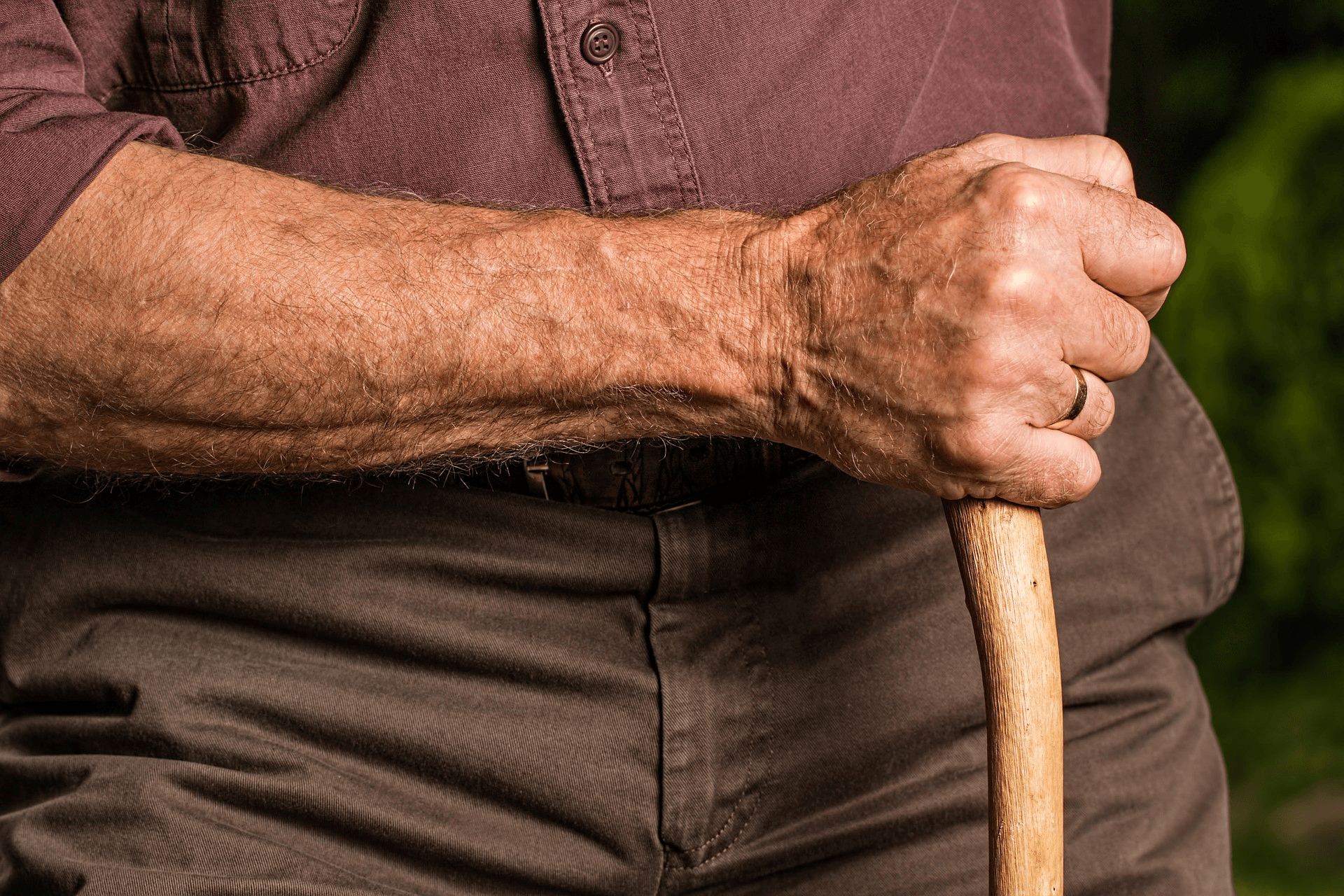
Authored by: Karen Weeks of elderwellness.net
As the years tick by, there are obvious signs that you are nearing the senior stage of your life, such as frosted locks and wrinkles where there were none before. However, there are several chronic diseases that you are at an increased risk of developing as you age, including arthritis, dementia, osteoporosis, cardiovascular disease, and depression. These all sound scary, making it even more important to stay on top of your physical and mental health to reduce your risk.
The following are a few habits you can incorporate into your routine to live a healthier lifestyle and go gracefully into your senior years.
Make Your Meals Count
We are all guilty of indulging now and again, and there’s nothing wrong with that, but seniors need to be aware of their changing nutritional needs . With age comes a decreased metabolism, increasing the likelihood of diabetes and obesity. Unbeknownst to you, your body experiences digestive changes as well, resulting in a lowered ability to absorb important vitamins and minerals such as vitamin B12, B6, and folic acid. You may also notice that your appetite has changed as a result of side effects from medication. To compensate for this changes, make sure you are eating a balanced diet of whole grains, protein, milk, veggies, and fruit, and talk to your doctor about taking supplements if you are worried you aren’t getting enough nutrients. Make things easier on yourself by looking for alternative solutions such as preparing/freezing meals in bulk, purchasing healthy frozen meals, or using a meal delivery service.
Take a Nap
Napping might seem like a counterintuitive activity if you are looking to improve your health, but napping has positive benefits for seniors. According to one study, seniors who took an hour-long nap post-lunch had improved cognitive function and memory. In comparison, those seniors who took a short or long nap, or no nap at all, showed a decline in their cognitive function equivalent to an age increase of five years. Think of a nap as a quick energy boost, not an all-day activity.
To make the most of your napping experience, take a snooze in bed as opposed to a recliner or couch, which offers limited support and could result in you waking up feeling achy and stiff. For your nap and overall sleep’s sake, it may be time to look into a new mattress with better support for your specific sleep type . This will ensure your mattress provides healthy spine alignment and pressure point relief to prevent those aches and pains that aging inevitably brings.
Get Into an Exercise Routine
Your body might not be as agile as it once was, but this isn’t a reason to forgo exercise altogether. In fact, exercise is even more important as a senior to improve your quality of life . By committing to an exercise routine, you can reduce the pain and stiffness you feel due to arthritis, improve your bone density, flexibility, and mobility; lower your risk for obesity-related health issues such as heart disease and diabetes; and improve your mood. Plus, breaking a sweat leaves you tired, but in a good way, so that you have an easier time drifting off to sleep.
Keep in mind that your senior status doesn’t mean you can’t have fun with your physical activity, as there are plenty of senior-friendly exercise options that are low-impact so that you don’t put too much stress on your joints and risk an injury. Yoga and Pilates are both great options to improve core stability, flexibility, and balance, and most classes can be adapted to meet your abilities, including incorporated seated movements. While on the subject of classes, your local fitness center likely has plenty of fun classes to try such as SilverSneakers, Zumba, kickboxing, or swimming. However, don’t underestimate the power of a walk, especially if you don’t have time to make it to the gym or you’d prefer to get some fresh air.
You can’t stop the years from coming, so why should you stop taking care of yourself? Your physical and mental health are important at every age, but it is important that you adapt your routine to make the most of it. Be sure to eat right, exercise, and even take a nap or two to set yourself up for graceful aging!


